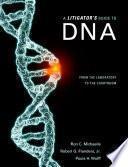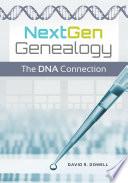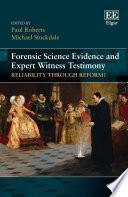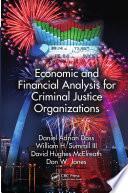
A Litigator's Guide to DNA
Author: Ron C. Michaelis , Robert G. Flanders , Paula Wulff
Number of pages: 448A Litigator's Guide to DNA educates both criminal law students and forensic science students about all aspects of the use of DNA evidence in criminal and civil trials. It includes discussions of the molecular biological basis for the tests, essential laboratory practices, probability theory and mathematical calculations, and issues relevant to the prosecution and the defense, and to the judge and jury hearing the case. The authors provide a full background on both the molecular biology and the mathematical theory behind forensic tests, describing the molecular biological process in simple mechanical terms that are familiar to everyone, and periodically emphasizing the practical, take-home messages the student truly needs to understand. Pedagogical elements such as Recapping the Main Point boxes and valuable ancillary material (Instructors' Manual, PowerPoint slides) make this an ideal text for professors. "Recapping the Main Point" boxes provide a simple and concise summary of the main points Includes a glossary of essential terms and their definitions Contains a full-color insert with illustrations that emphasize key concepts



